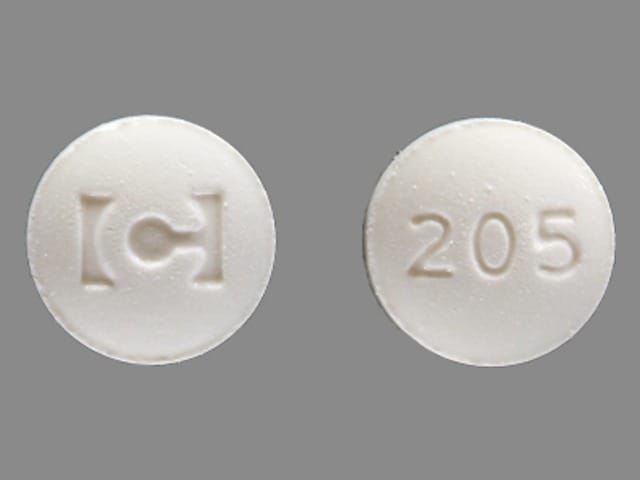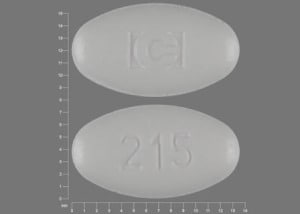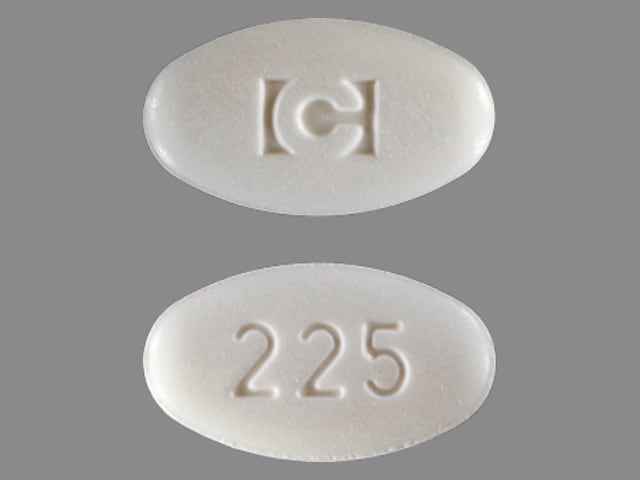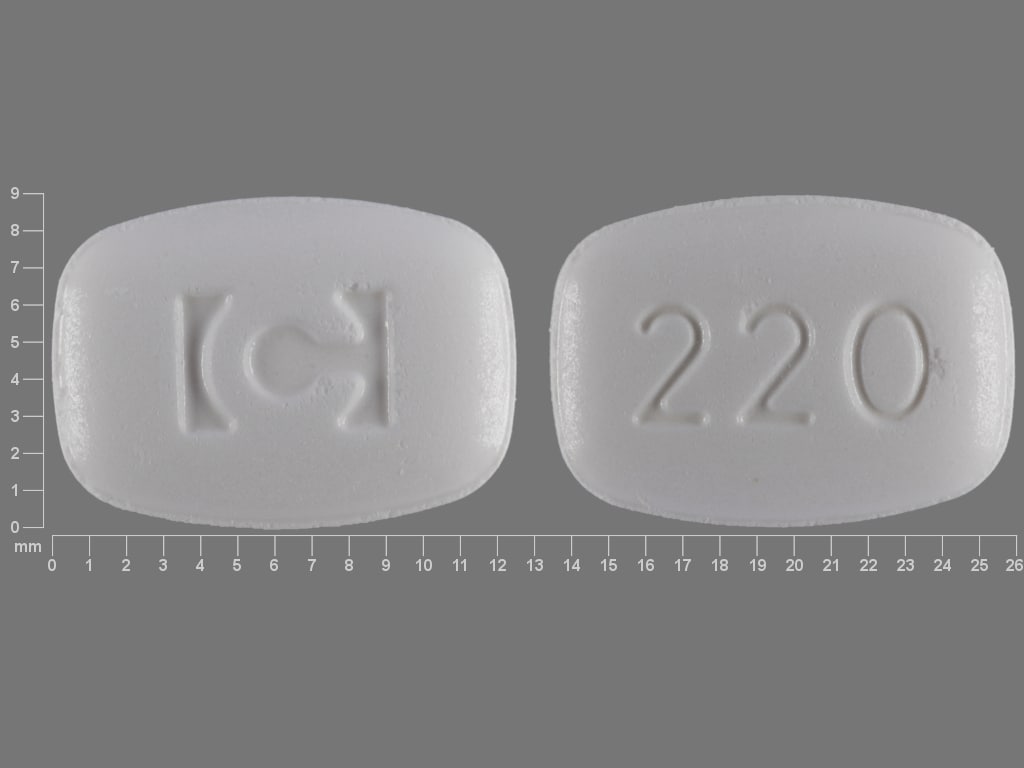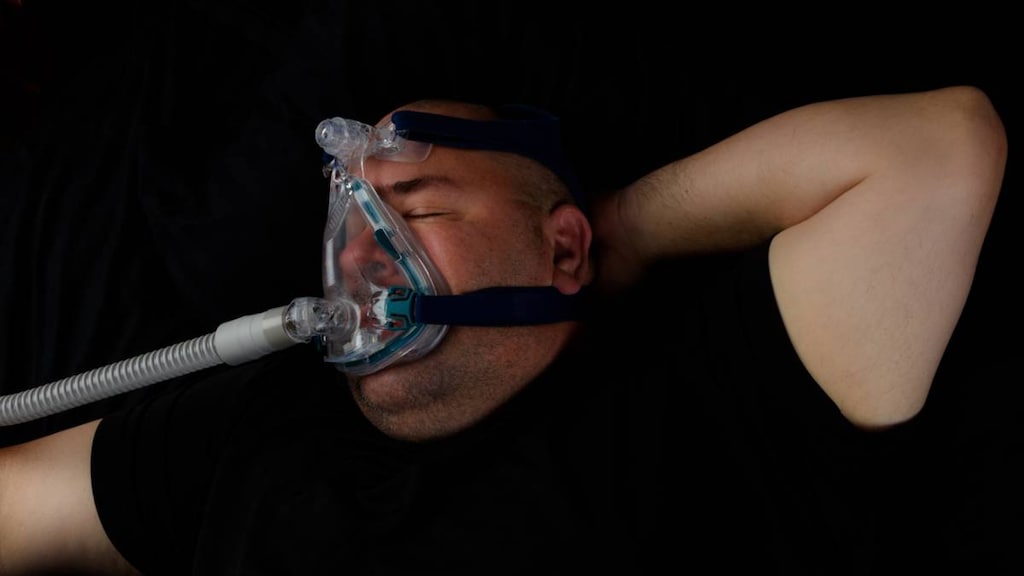What is Nuvigil?
Nuvigil is a prescription medicine used to improve wakefulness in adults who are very sleepy due to one of the following diagnosed sleep disorders:
- narcolepsy
- obstructive sleep apnea (OSA). Nuvigil is used with other medical treatments for this sleep disorder. Nuvigil does not take the place of using your CPAP machine or other treatments that your doctor has prescribed for this condition. It is important that you continue to use these treatments as prescribed by your doctor.
- shift work disorder (SWD)
Nuvigil will not cure these sleep disorders. Nuvigil may help the sleepiness caused by these conditions, but it may not stop all your sleepiness. Nuvigil does not take the place of getting enough sleep. Follow your doctor's advice about good sleep habits and using other treatments.
What is the most important information I should know about Nuvigil?
Nuvigil is a federal controlled substance (C-IV) because it can be abused or lead to dependence. Keep Nuvigil in a safe place to prevent misuse and abuse. Selling or giving away Nuvigil may harm others, and is against the law. Tell your doctor if you have ever abused or been dependent on alcohol, prescription medicines or street drugs.
Nuvigil may cause serious side effects including a serious rash or a serious allergic reaction that may affect parts of your body such as your liver or blood cells. Any of these may need to be treated in a hospital and may be life-threatening.
Stop taking Nuvigil and call your doctor right away or get emergency help if you have any of these symptoms:
- skin rash, hives, sores in your mouth, or your skin blisters and peels
- swelling of your face, eyes, lips, tongue, or throat
- trouble swallowing, breathing, or hoarseness
- fever, shortness of breath, swelling of the legs, yellowing of the skin or whites of the eyes, or dark urine.
If you have a severe rash with Nuvigil, stopping the medicine may not keep the rash from becoming life-threatening or causing you to be permanently disabled or disfigured.
Nuvigil is not approved for use in children for any medical condition.
It is not known if Nuvigil is safe and effective in children under the age of 18.
Who should not take Nuvigil?
Do not take Nuvigil:
- are allergic to any of its ingredients. See the end of this Medication Guide for a complete list of ingredients in Nuvigil.
- have had a rash or allergic reaction to either armodafinil (Nuvigil) or modafinil (Provigil). These medicines are very similar.
What should I tell my healthcare provider before taking Nuvigil?
Before you take Nuvigil, tell your doctor about all of your medical conditions, including if you:
- have a history of mental health problems, including psychosis
- have heart problems or had a heart attack
- have high blood pressure. Your blood pressure may need to be checked more often while taking Nuvigil.
- have liver or kidney problems
- have a history of drug or alcohol abuse or addiction
- are pregnant or planning to become pregnant. It is not known if Nuvigil will harm your unborn baby.
- Pregnancy Registry: There is a registry for women who become pregnant during treatment with Nuvigil. The purpose of this registry is to collect information about the safety of Nuvigil during pregnancy. Contact the registry as soon as you learn that you are pregnant, or ask your doctor to contact the registry for you. You or your doctor can get information and enroll you in the registry by calling 1-866-404-4106.
- are breastfeeding. It is not known if Nuvigil passes into your milk. Talk to your doctor about the best way to feed your baby if you take Nuvigil.
Tell your doctor about all the medicines you take, including prescription and over-the-counter medicines, vitamins, and herbal supplements. Nuvigil and many other medicines can interact with each other, sometimes causing side effects. Nuvigil may affect the way other medicines work, and other medicines may affect how Nuvigil works. Your dose of Nuvigil or certain other medicines may need to be changed.
Especially, tell your doctor if you use or take:
- a hormonal birth control method, such as birth control pills, shots, implants, patches, vaginal rings, and intrauterine devices (IUDs). Hormonal birth control methods may not work while you take Nuvigil. Women who use one of these methods of birth control may have a higher chance for getting pregnant while taking Nuvigil, and for 1 month after stopping Nuvigil. You should use effective birth control while taking Nuvigil and for 1 month after your final dose. Talk to your doctor about birth control choices that are right for you while taking Nuvigil.
Know the medicines you take. Keep a list of them and show it to your doctor and pharmacist when you get a new medicine. Your doctor or pharmacist will tell you if it is safe to take Nuvigil and other medicines together. Do not start any new medicines with Nuvigil unless your doctor has told you it is okay.
How should I take Nuvigil?
- Take Nuvigil exactly as prescribed by your doctor. Your doctor will prescribe the dose of Nuvigil that is right for you. Do not change your dose of Nuvigil without talking to your doctor.
- Your doctor will tell you the right time of day to take Nuvigil.
- People with narcolepsy or OSA usually take Nuvigil one time each day in the morning.
- People with SWD usually take Nuvigil about 1 hour before their work shift.
- Do not change the time of day you take Nuvigil unless you have talked to your doctor. If you take Nuvigil too close to your bedtime, you may find it harder to go to sleep.
- You can take Nuvigil with or without food.
- If you take more than your prescribed dose or if you take an overdose of Nuvigil, call your doctor or poison control center right away.
Symptoms of an overdose of Nuvigil may include:
- Trouble sleeping
- Confusion
- Feeling excited
- Nausea and diarrhea
- Chest pain
- Anxiety
- Restlessness
- Feeling disoriented
- Hearing, seeing, feeling, or sensing things that are not really there (hallucinations)
- A fast or slow heartbeat
- Increased blood pressure
- Shortness of breath
What should I avoid while taking Nuvigil?
- Do not drive a car or do other dangerous activities until you know how Nuvigil affects you. People with sleep disorders should always be careful about doing things that could be dangerous. Do not change your daily habits until your doctor tells you it is okay.
- You should avoid drinking alcohol. It is not known how drinking alcohol will affect you when taking Nuvigil.
What are the possible side effects of Nuvigil?
Nuvigil may cause serious side effects. Stop taking Nuvigil and call your doctor right away or get emergency help if you get any of the following:
- a serious rash or serious allergic reaction. (See “What is the most important information I should know about Nuvigil?”)
- mental (psychiatric) symptoms, including:
- depression
- hearing, seeing, feeling, or sensing things that are not really there (hallucinations)
- thoughts of suicide
- other mental problems
- feeling anxious
- an extreme increase in activity and talking (mania)
- aggressive behavior
- symptoms of a heart problem, including chest pain, abnormal heart beats, and trouble breathing.
The most common side effects of Nuvigil include:
- headache
- dizziness
- nausea
- trouble sleeping
These are not all the possible side effects of Nuvigil.
Call your doctor for medical advice about side effects. You may report side effects to FDA at 1-800-FDA-1088.
Nuvigil Images
General information about the safe and effective use of Nuvigil.
Medicines are sometimes prescribed for purposes other than those listed in a Medication Guide. Do not use Nuvigil for a condition for which it was not prescribed. Do not give Nuvigil to other people, even if they have the same symptoms that you have. It may harm them and is against the law.
You can ask your pharmacist or healthcare provider for information about Nuvigil that is written for health professionals.
How should I store Nuvigil?
- Store Nuvigil at room temperature between 68° to 77°F (20° to 25°C).
- Keep Nuvigil and all medicines out of the reach of children.
What are the ingredients in Nuvigil?
Active ingredient: armodafinil
Inactive ingredients: lactose monohydrate, microcrystalline cellulose, pregelatinized starch, croscarmellose sodium, povidone, and magnesium stearate.
For more information, go to www.NUVIGIL.com or call 1-888-483-8279.

